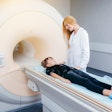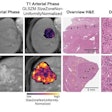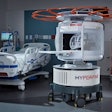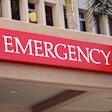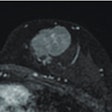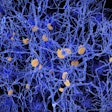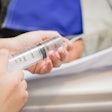MRI screening for breast cancer delivers consistent rates of cancer detection and fewer false-positive results after an initial screening exam has been performed, according to a new study published online in Radiology.
MRI has been shown to be more effective than mammography at identifying suspicious areas in the breast, but it can't always distinguish between malignant and benign lesions, which may result in further testing and false-positive results. Researchers from Warren Alpert Medical School of Brown University in Providence, RI, explored whether having prior MR images for comparison would reduce the rate of false positives associated with initial breast cancer MRI screening (Radiology, February 1, 2011).
Martha Mainiero, MD, and Gil Abramovici, MD, reviewed reports from 650 consecutive screening MRI breast exams performed on women between September 2007 and December 2008. The women had been referred for MRI screening because they were considered to be at high risk for breast cancer. Of the breast MRI results reviewed, 307 were the patient's first, or baseline, screening exam, and 343 were annual or repeat screening MRI exams.
The rate of false-positive results was 13% (39 of 299 patients) in the baseline exam group, but it dropped to 5.6% (19 of 341 patients) in the annual exam group, the authors wrote. Breast MRI's cancer detection rate also climbed: In the baseline group, MRI identified two cancers, for a cancer detection rate of 0.65%, while in the repeat screening group, cancer was found in four patients, for a rate of 1.17%.
"False-positive results are a risk of the breast MR imaging procedure, but the risk decreases following the initial round of screening; this information may provide reassurance for patients in subsequent screening examinations," the authors wrote.
By Kate Madden Yee
AuntMinnie.com staff writer
February 3, 2011
Copyright © 2011 AuntMinnie.com


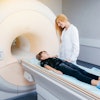
.fFmgij6Hin.png?auto=compress%2Cformat&fit=crop&h=100&q=70&w=100)



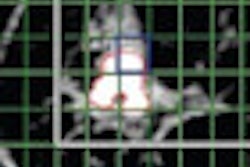
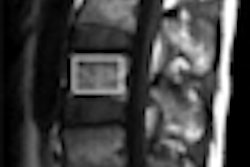
.fFmgij6Hin.png?auto=compress%2Cformat&fit=crop&h=167&q=70&w=250)
